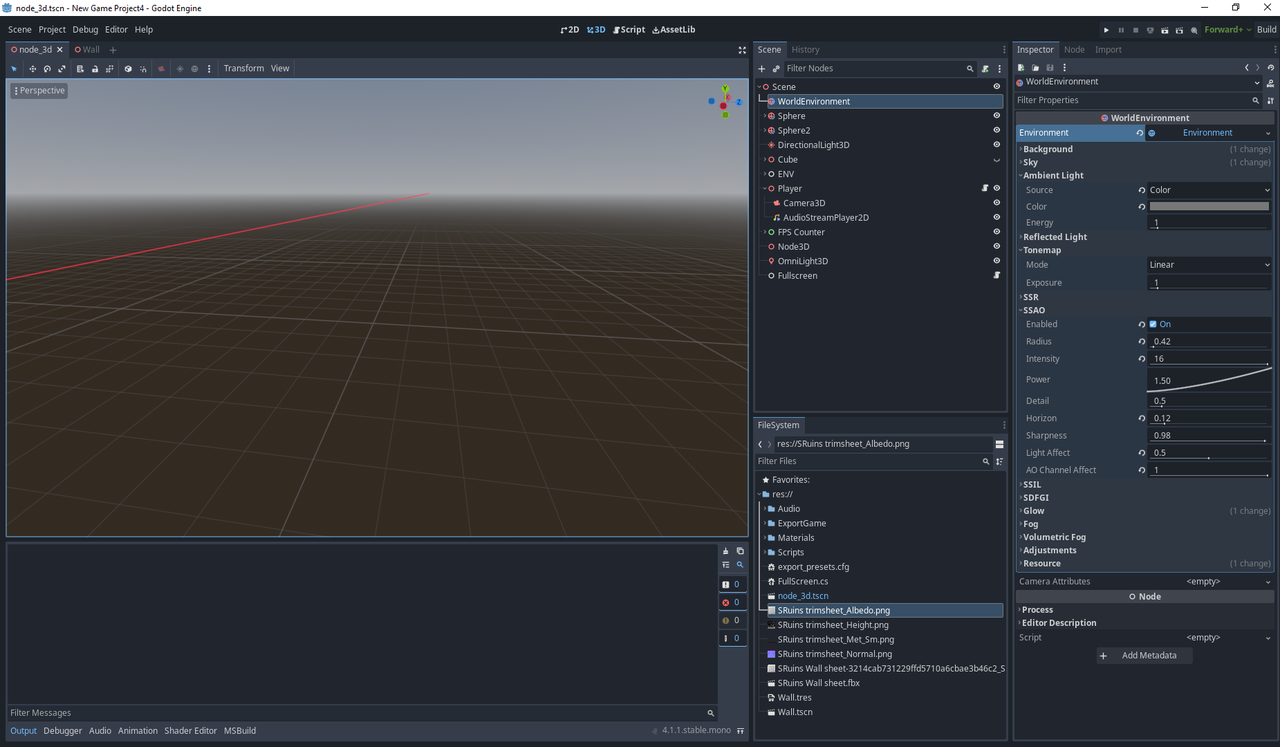MalcolmR
Literate
- Joined
- Jul 16, 2023
- Messages
- 48
Recently, Unity announced their new per-install fees and retroactive changes to their ToS forcing developers of all Unity games, including already released games, to pay a tax that they didn't agree to. They've stated that they legally have the power to make any change to the ToS at any time as long as they give three months' notice. To me, the details of the new fee structure are completely irrelevant as Unity can apparently change them at any time. The fact that the additional fees are tied to installations and not sales or revenue makes estimating the cost of using Unity impossible, along with the fact that they have officially stated that they won't release details about the "proprietary system" (i.e. bullshit) they use to track installs. Add to this the fact that they could at any time increase the fees or lower the thresholds, or even start charging for silly things like builds or play time, and we have an engine that can no longer be used by any serious developer.
I know these changes won't happen and will be reversed because they are impossible and the inevitable mass exodus of developers would bankrupt the company. What I'm waiting to see is whether the end result of this whole debacle is a legally robust Terms of Service, perhaps tied to the version of Unity, that can't be altered retroactively by the company. If we don't get that, I will start porting my current game over to another engine, adding an extra six months or so of development time.
The engines I'm considering are Godot (with C#) and UE5. My concern about Godot is that it's not battle tested and, from what I've heard, it still has a long way to go for 3D development. However, it's possible that it will be significantly better by the time I release my game. Never having to pay anyone anything or worry about accounting is also very attractive! My concern about UE5 is that I won't be able to get the same level of performance that I'm getting out of Unity (with engine-specific optimizations) and that the workflow will be clunkier. On the other hand, even though Tower of Nibiru is a stylized game, it might end up looking much better in UE5. I'm also open to other engines, but I haven't seen any so far that have an advantage over Unreal or Godot.
While I might seem a little upset about this, I'm actually kind of excited to learn a new engine and finally be free of the stress of having the Sword of Damocles hanging over me. To all you smug bastards who avoided Unity by using an open source engine or even rolling out your own engine, I'll now tell you what you've always wanted to hear: You were right.
Anyway, is anyone else in the same boat? If so, what engines are you considering and why?
I know these changes won't happen and will be reversed because they are impossible and the inevitable mass exodus of developers would bankrupt the company. What I'm waiting to see is whether the end result of this whole debacle is a legally robust Terms of Service, perhaps tied to the version of Unity, that can't be altered retroactively by the company. If we don't get that, I will start porting my current game over to another engine, adding an extra six months or so of development time.
The engines I'm considering are Godot (with C#) and UE5. My concern about Godot is that it's not battle tested and, from what I've heard, it still has a long way to go for 3D development. However, it's possible that it will be significantly better by the time I release my game. Never having to pay anyone anything or worry about accounting is also very attractive! My concern about UE5 is that I won't be able to get the same level of performance that I'm getting out of Unity (with engine-specific optimizations) and that the workflow will be clunkier. On the other hand, even though Tower of Nibiru is a stylized game, it might end up looking much better in UE5. I'm also open to other engines, but I haven't seen any so far that have an advantage over Unreal or Godot.
While I might seem a little upset about this, I'm actually kind of excited to learn a new engine and finally be free of the stress of having the Sword of Damocles hanging over me. To all you smug bastards who avoided Unity by using an open source engine or even rolling out your own engine, I'll now tell you what you've always wanted to hear: You were right.
Anyway, is anyone else in the same boat? If so, what engines are you considering and why?













